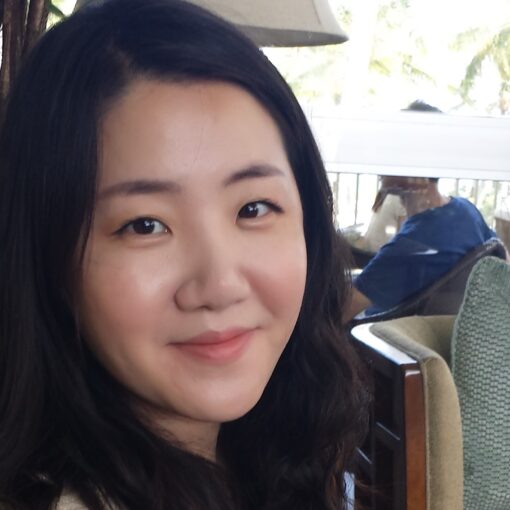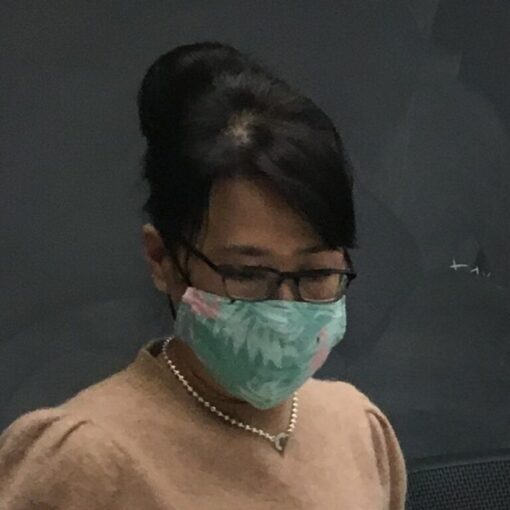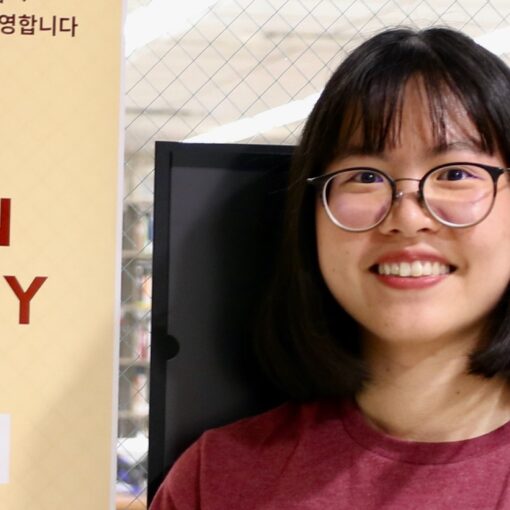 Yi Shan (he/him/his) has been the East Asian Studies Librarian at the University of Texas at Austin since October 2022.
Yi Shan (he/him/his) has been the East Asian Studies Librarian at the University of Texas at Austin since October 2022.How did your journey in working with East Asian libraries and collections begin? Were there any opportunities that encouraged you to step into the East Asian Studies Librarianship?
Libraries and collections of knowledge have been the topics that have sparked my curiosity for a long time. When I started my PhD program, I wanted to work on the development of libraries in China during the late Qing era. However, as I went deeper into my research and study, I became fascinated by the culture of collecting and how it shaped the modes and meanings of learning in such a profound way during the eighteenth century, which became my dissertation topic. I am always curious and enjoy thinking about how institutions transform and shape knowledge production and generate intellectual, social, and political meanings. Libraries are one type of institution that I explore extensively in my research.
My journey in East Asian librarianship started when I was a student assistant at the University of Toronto’s Cheng Yu Tung East Asian Library. There I learned so much from my mentors and colleagues about the basics of day-to-day library work, and I was fascinated by the wide range of intellectually satisfying tasks in both serving the users directly and advancing the service of libraries. In the meantime, I was also fortunate to be on an amazing team with other scholars and translators to prepare one of the databases of the Japan Past and Present project led by Dr. Paula Curtis at UCLA. Our charge was to propose the design of a database that collects information on translated primary sources for Japanese studies. Participating in the project also encouraged me to think from a librarian’s perspective about questions such as how we make sure the design of the database and especially its metadata can serve the needs of a diverse audience.
What do you enjoy most about your career in East Asian librarianship so far?
I really enjoy being part of the East Asian Studies community on the UT Campus and learning about the amazing research projects that faculty members and students are working on. It feels so fulfilling to be able to contribute to their research and learning processes. My role as the East Asian Librarian also gives me the privilege of being exposed to a wide range of scholarship and topics related to East Asia, and they constantly supply me with regular doses of excitement of new knowledge to learn about.I am also enjoying being a part of various communities, both locally and beyond. My colleagues at UT have provided me with such a nurturing environment that helped me learn very quickly about the ins and outs of being an academic librarian. CEAL has always been a warm and tremendous source of support as well. I have already learned so much from the work of senior colleagues in CEAL from my day as a student assistant, and I look forward to contributing to the community!
What excites you in the development of East Asian librarianship in the future?
There are so many exciting challenges and opportunities lying ahead! We, librarians, are at the forefront of embracing and navigating the deep transformations of how scholarly knowledge is produced and communicated and how research and teaching are conducted in higher ed institutions. In this context, and as part of larger institutions, I am excited to develop creative ways to build and curate our collections not only to meet existing needs and challenges but also to be part of the initiatives that inspire and generate knowledge and new practices. I am also excited about participating in CEAL, CRL, and other cross-institution collaborations that are providing critical leadership in guiding the growth and transformation of Area Studies collections in North America. Another exciting development is that many academic librarians are embracing the imperative for more outreach activities. Especially as our learning habits and methods are rapidly changing, I have seen many colleagues developing creative ways to keep our collections and services in all formats, not only relevant but essential to students’ learning experience. These include exhibits, interactive sessions, mentorship of students, etc. I am especially looking forward to working with campus partners and beyond to promote our collections, expertise, and space as a critical resource for teaching and learning and to attract more support for what we do.
Any particular professional area(s) or direction(s), ie. digital humanities, library consortia initiatives, etc. that catches your interest and that you want to further explore?
Digital Humanities has been my interest since I was wrapping up my dissertation research, and I have become an interested observer and occasional practitioner of the field since then. In particular, I am now most interested in the advancement of OCR and other automated text processing technologies/workflows that can help scholars like me alleviate the burden of their eyes from staring at a screen of scanned premodern texts. I am especially excited by the recent cloud-sourcing projects of transcribing/OCR premodern texts with the help of AI in East Asia. On another level, together with many colleagues, I am also interested in exploring how we can think about and teach digitization, not limited to scanning and textual recognition, in broader frameworks. We hope, as librarians, to provide instructions or inspirations that allow scholars and students to harness the power of digital technologies and to think critically about the theoretical and ethical issues around digitization and digital archives at large.
Tell us some fun facts about you:
I have so many interests after a regular day of work. I love reading mysteries, cooking, walking and jogging in nature, trying to play a bamboo flute, playing with my cat, and many more.




